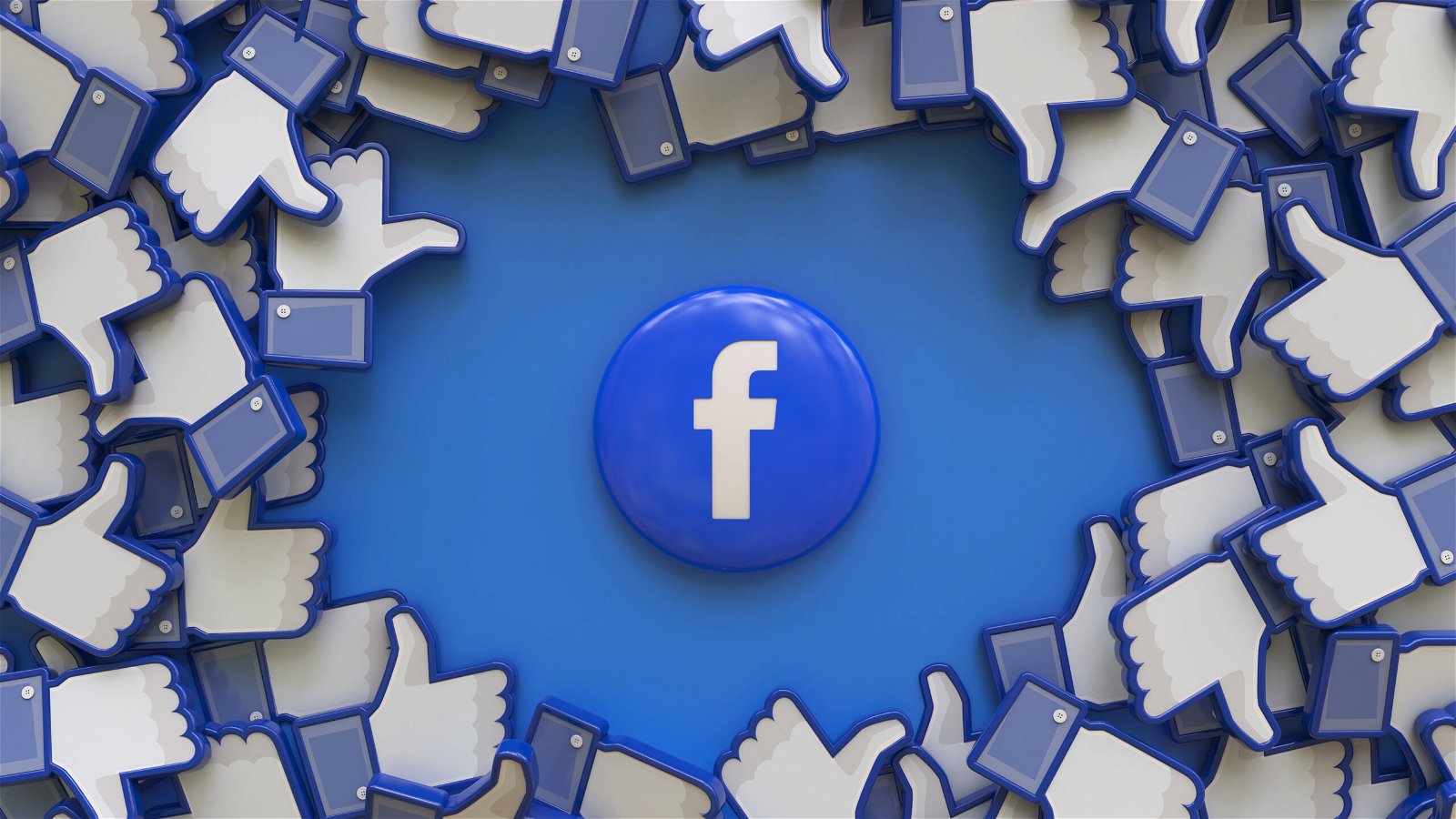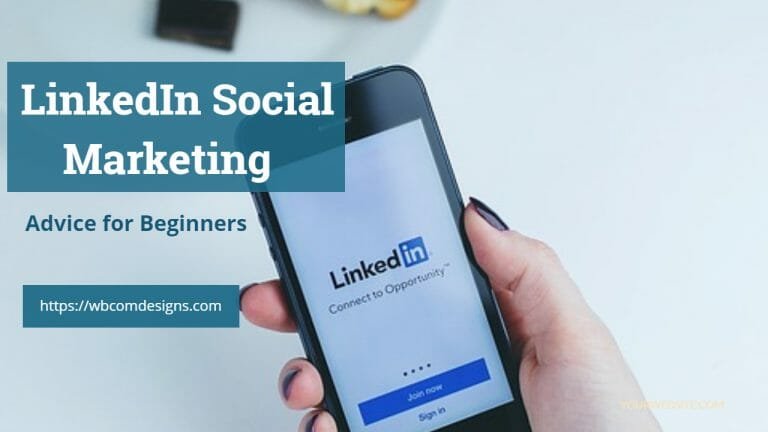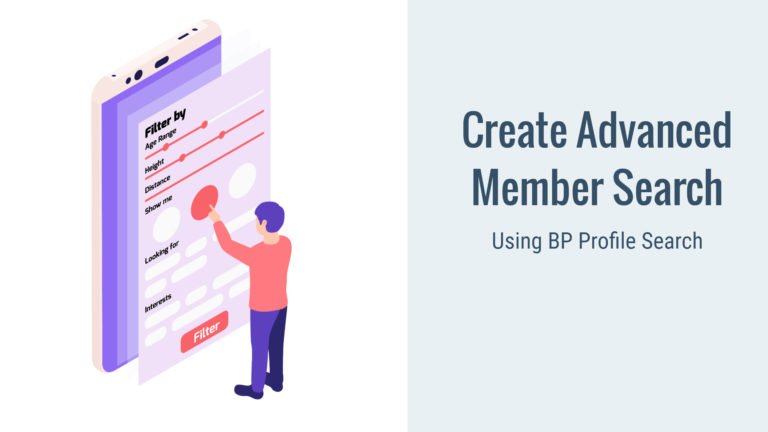Have you ever logged into Facebook only to find that your cherished group has vanished without a trace? It’s a disconcerting experience, leaving you puzzled and wondering what went wrong. In this blog post, we delve into the common reasons behind the deletion of Facebook groups. From violating community standards to falling prey to spam or scam activities, several factors could lead to the abrupt disappearance of your group. Understanding these reasons can help you navigate the intricacies of maintaining a thriving online community while staying within Facebook’s guidelines.
Table of Contents
ToggleReasons For Why My Facebook Group Deleted
If your Facebook group has been deleted, it could be for a variety of reasons. Here’s a list of common reasons why Facebook might delete a group:
Violation of Community Standards
Violation of community standards is a key reason why Facebook groups get deleted. These rules cover a range of issues such as hate speech, harassment, violence, nudity, misinformation, and more. If a group or its members engage in activities or share content that violates these standards, Facebook may take action, including removing the offending posts or deleting the entire group. To avoid this, it’s essential to ensure that your group follows these guidelines and maintains a respectful environment for all members.
Reports from Members or Others
When a Facebook group is reported by its members or other users, it signals to Facebook that there’s potentially inappropriate content or behavior occurring within the group. This can range from offensive posts, hate speech, or harassment to misleading information or spam. When multiple reports are made, Facebook’s moderation team may investigate, leading to potential removal or suspension of the group if it is found to violate the platform’s community standards. Consistent reports from multiple users are a key factor in Facebook’s decision to take action against a group.
Spam or Scam Activity
Spam or scam activity in a Facebook group involves unauthorized or deceptive practices, typically aimed at exploiting users for financial gain or personal information. This can include the frequent posting of promotional content, links to dubious websites, or attempts to defraud group members through deceptive schemes. Facebook takes spam and scams seriously, as they can undermine the integrity of its platform and harm users.
Fake Accounts or Bots
Fake accounts or bots are automated or fictitious profiles created to manipulate interactions, inflate group membership, or spread misinformation. When a Facebook group contains a significant number of these fake accounts or bots, it can distort genuine community engagement, often leading to spam or misleading content. This can undermine the group’s purpose and make it less trustworthy. Facebook actively monitors such activities, and if a group is found to be infiltrated by fake accounts or bots, it risks being deleted.
Harassment or Bullying
Harassment or bullying within a Facebook group refers to aggressive, abusive, or threatening behavior directed at individuals or groups. This behavior can manifest as personal attacks, discriminatory language, intimidation, or other forms of harmful interaction. Facebook has strict policies against harassment and bullying to foster a safe and respectful community environment.
Multiple Complaints
Multiple complaints refer to situations where a Facebook group receives several reports from users or third parties, indicating that the group is violating Facebook’s rules or promoting harmful behavior. These complaints can be related to a range of issues such as inappropriate content, harassment, hate speech, misinformation, or illegal activities. When Facebook’s moderation system detects a pattern of complaints against a group, it might trigger a review that could lead to penalties, including group deletion.
Illegal Activities
Illegal activities refer to actions or behaviors that violate laws or regulations. In the context of online platforms like Facebook, these activities can include, but are not limited to, drug trafficking, human trafficking, illegal weapons sales, distribution of pirated or counterfeit goods, identity theft, fraud, or any form of organized crime. If a Facebook group is found to be promoting, facilitating, or engaging in illegal activities, it is likely to be deleted to ensure compliance with legal standards and to maintain a safe environment for all users.
Solution
To prevent a Facebook group from being deleted, you need to ensure it follows Facebook’s Community Standards and maintains a positive, safe environment.
Here are some common solutions to help prevent deletion:
Clear Group Rules: Define and communicate clear rules for group behavior, emphasizing respect, safety, and compliance with Facebook’s Community Standards.
Active Moderation: Assign dedicated administrators and moderators to monitor posts and comments, removing content or users that violate the rules.
Regular Activity: Keep the group active with regular posts, discussions, and engagement. Inactive groups may be flagged for deletion.
No Spamming or Scamming: Prohibit spam, scams, and misleading content. Educate members on what constitutes spam or scamming and how to report it.
Avoid Controversial Content: Refrain from posting or allowing content that promotes hate speech, violence, or illegal activities.
Respect Privacy and Security: Ensure that personal information is protected and that members understand the importance of privacy and security within the group.
Educate Members: Keep group members informed about Facebook’s Community Standards and group rules to reduce the risk of accidental violations.
Respond to Warnings: If you receive a warning from Facebook about a potential violation, act quickly to address it and prevent further issues.
Final Thought
A Facebook group may be deleted for several reasons, typically related to violations of Facebook’s Community Standards. This can include instances of hate speech, bullying, or harassment, as well as the promotion of illegal activities, spam, or scams. Inactivity, repeated complaints, or violations involving fake accounts or impersonation can also lead to group deletion. To minimize the risk of deletion, it’s crucial to maintain active moderation, enforce group rules, and ensure compliance with Facebook’s guidelines.
Interesting Reads:







